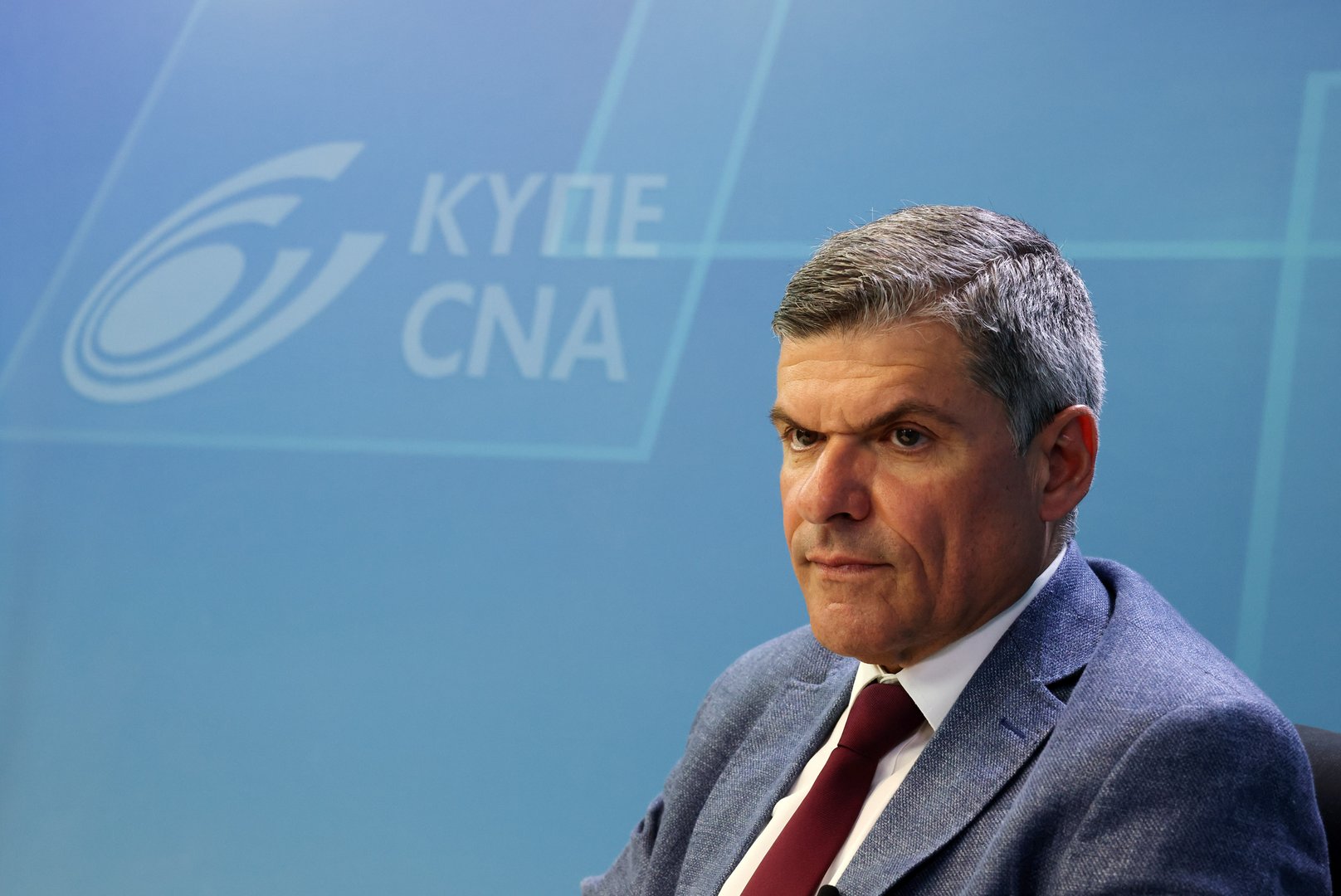Energy Minister George Papanastasiou refrained from commenting on Saturday over concerns that EU funding for the EuroAsia Interconnector is at risk due to delays in meeting milestones.
Speaking to the Cyprus News Agency over reports on how the meeting went on Friday at the presidential palace between President Nikos Christodoulides and EuroAsia Interconnector’s CEO Nasos Ktorides, the energy minister avoided commenting on the talks and instead stressed that Cyprus needs to meet these milestones as soon as possible.
EuroAsia responded to CNA’s questions with “no comment”.
The electricity interconnection is considered a critical project for Cyprus’ energy plans, as it aims to end the country’s energy isolation.
It has been designated as a Project of Common Interest (PCI) by the EU and as such, has received €657 million in funding, with an additional €100 million in funding from the Recovery and Resilience Fund.
The project involves the construction of a 1,200 km submarine cable connecting Israel to Cyprus and Greece via Crete. The first phase, with an estimated value of €1.57 billion, concerns the Cyprus-Greece connection and the second the Cyprus-Israel connection.
Sources close to the matter told CNA that due to delays in the project, and issues that arose due to the war in Ukraine, the cost of construction has increased to about €1.8 billion. At the same time, there are concerns about three key milestones.
The first concerns the participation of the Independent Transmission System Operator of electricity of Greece (IPTO), the implementing entity. According to the same sources, although the strategic agreement (participation of IPTO with a 25 per cent stake in EuroAsia) on the issue was announced on June 25, the milestone is not considered to have been reached.
The EU insisted on IPTO’s participation because the connection will be made with the operator’s networks in Crete.
The second issue concerns the contracts to be signed with Norwegian company Nexans, which is set to build the cable. Sources told CNA that due to the delay, there is a risk of missing the company’s time commitment slot for the construction of the cable, because there is a high demand, especially from Germany and Baltic countries, in the aftermath of the war in Ukraine.
In addition, the third milestone concerns the agreement with Siemens for the construction of the voltage converter, although in this case the timeframe is not so pressing, CNA reported.
It appears that the implementing agency cannot carry out the expectations of the EU, nor those of Cyprus, hence the meeting at the presidential palace aimed to conduct an analysis because this project is of strategic importance for Cyprus, a source close to the matter told CNA.






Click here to change your cookie preferences